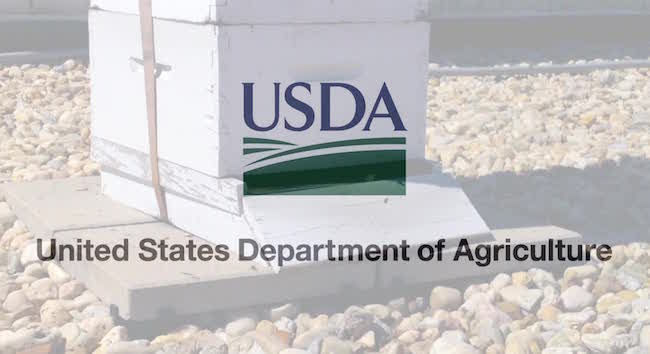
The USDA Has Completely Marginalized the National Organic Standards Board
There is a painful reality that we all must accept.
The National Organic Standards Board (NOSB) — a 15-member expert advisory panel that helps to establish organic rules — is being ignored.
Last year, the USDA did not follow the NOSB’s recommendation to discontinue the use of conventional oligofructose-enriched inulin, whey protein concentrate, and Turkish bay leaves.
Last week, the USDA refused to accept the NOSB’s recommendation to discontinue the use of carrageenan. Used as a thickening agent, carrageenan is a seaweed derivative that has been linked to inflammation, cancer and diabetes, and consumer advocacy groups have worked tirelessly for years to get it removed.
So, in less than 12 months, this current administration has rejected two separate recommendations that the NOSB has put forth, even when the board overwhelmingly voted to remove an ingredient. The agency has clearly indicated that it will make up its own mind about allowed substances in organic. Period.
As distressing as this may be, none of this is illegal.
The Organic Foods Production Act of 1990 (OFPA) created an independent board, free from political bias and special interest groups, that could spend the time to make informed decisions about organic ingredients and processes. The spirit of OFPA was that the NOSB’s expert recommendations would become the regulations.
For the most part, this quasi-public/private partnership has worked and previous administrations have respected the NOSB’s recommendations and role within the industry.
Nevertheless, the language in OFPA is very clear and unambiguous as to the legal authority of both USDA and the NOSB when making organic rules, and this administration has no issue taking advantage of it, completely dismissing previous protocol.
Section 2119 (a) of OFPA says, “The Secretary (of the USDA) shall establish a National Organic Standards Board to assist in the development of standards to be used in organic production and to advise the Secretary on any other aspects of the implementation of this title.”
Section 2119 (k)(2) of OFPA says, “The Board shall provide recommendations to the Secretary regarding the implementation of this title.”
The NOSB advises and makes recommendations, and the Secretary of the USDA has no legal obligation to accept them.
One area where the NOSB does have some unique legal authority is around synthetic substances, and this is very relevant to carrageenan. USDA Secretary Sonny Perdue cannot indiscriminately add synthetic substances to organic. These substances must be added to the National List by the NOSB.
Section 2118 (d)(2) of OFPA says, “The Secretary may not include exemptions for the use of specific synthetic substances in the National List other than those exemptions contained in the Proposed National List or Proposed Amendments to the National List.”
Yet, in both 2007 and 2012, carrageenan was re-listed by the NOSB as a “non-synthetic”. In 2016, it was voted off of the National List 10-3 (1 abstain, 1 absent) because of the availability of alternatives on the market.
Many experts argued that carrageenan should have been classified as a synthetic because when chemically processed, it becomes a synthetic. In February of 2012, the NOSB’s Handling Committee voted that carrageenan should be re-listed as a synthetic, but this did not hold.
If carrageenan had been re-listed as a synthetic, it does not appear that the USDA would have had the legal authority to reject the NOSB’s recommendation about carrageenan, as per Section 2118 (d)(2) of OFPA.
What this all brings us back to is a sobering truth.
Given that the spirit of OFPA is being completely violated, the NOSB for the next few years will not have the same impact that it has had in the past. The USDA has effectively decided to ignore it.
What can we do?
First, we need to stay very diligent about all of the changes taking place. At some point, we are going to want to reverse them.
Second, when there is a new Congress in place, we have to work as hard as we can to push for an amendment to OFPA, requiring the USDA to follow the recommendations of the NOSB.
OFPA’s language about the NOSB being merely an advisory panel has come back to haunt us, and as a result, the integrity of the organic seal is paying a very damaging price.
 |
Have a great day! 
Max Goldberg, Founder |
Quick Hits
* Demeter USA is hosting the International Biodynamic Wine Conference in San Francisco on May 6-7. There will be 37 domestic wineries and 10 others from France, Italy, Chile, and Argentina. Looks like a great event!
* The Environmental Working Group has announced this year’s Dirty Dozen, and strawberries top the list. One strawberry sample contained an astounding 22 pesticide residues, and one-third of all conventional strawberry samples contained 10 or more pesticides.
* WOW! The State of Rhode Island is launching a program to buy farms and then sell them to new farmers at a huge loss.
* New Zealand is holding its first-ever National Organic Week.
* There is a cool new coffee discovery tool called Trade.
* Unused land at a church in Miami has been converted to an organic farm, and its vegetables are now being sold at Whole Foods. Very cool!
* Congrats to CEO Tony Antoci and his entire team at Erewhon for opening up their fourth store, this one at 2800 Wilshire Boulevard in Santa Monica. I can’t wait to go visit!
* 
Weekly News Summaries


Patagonia Takes on the Trump Administration
By Rosecrans Baldwin
An inside look at Patagonia founder Yvon Chouinard, who is suing the Trump administration over the largest reduction of protected land in U.S. history.

Organic Valley Posts its First Loss in 20 Years
By Mike Tighe
Despite its second year of revenues of over $1 billion, Organic Valley had a net loss of $10 million, largely due to an oversupply in the organic milk market.
Report: DOJ to Allow Bayer-Monsanto Merger
By Hallie Detrick
It has been reported that the U.S. Department of Justice is set to approve the Bayer-Monsanto merger, a very unfortunate development which will only further consolidate corporate control of our food supply.
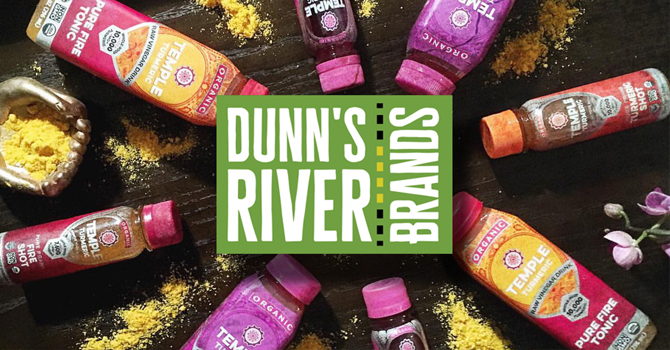
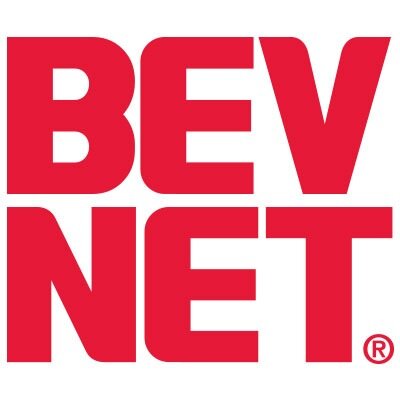
Temple Turmeric Sells a Majority Stake to Dunn's River Brands
By Brady Avery
Congrats to founder Daniel Sullivan, who sold a majority interest in his company to Texas-based beverage portfolio management company Dunn's River Brands. Daniel will be staying on as Chief Innovation Officer.
Farm-to-Table 2.0
By Elizabeth G. Dunn
The trend in farm-to-table restaurants around the country isn't just to buy local but to serve food from your own farm.

USDA Cracks Down on Fraudulent Raw Material Suppliers
By Aerin Einstein-Curtis
The USDA has published a list of international and domestic businesses it claims are using fraudulent organic program certificates. But as I wrote about in last week's Organic Insider, the problem is nowhere close to being solved.
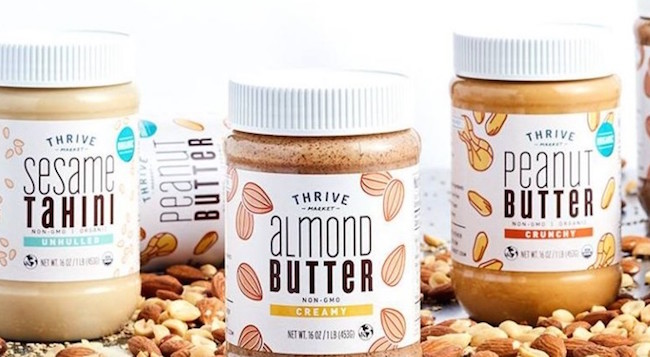

Sales of Private Label Brands are Exploding
By Elaine Watson
Wow! Nielsen is reporting that by the last quarter of 2017, private label brands were posting dollar for dollar growth of more than three times the rate of branded products.

As Milk Sales Fall, the Organic Dairy Industry is Looking for Answers
By Elizabeth Crawford
With plant-based milks taking a real bite out of regular milk sales, experts are suggesting that the industry needs to look for new avenues of distribution.

How Organic Wine Found its Groove
By Geoffrey Jones and Emily Grandjean
Harvard Business Review takes a look at the rise in popularity of organic and Biodynamic wine.
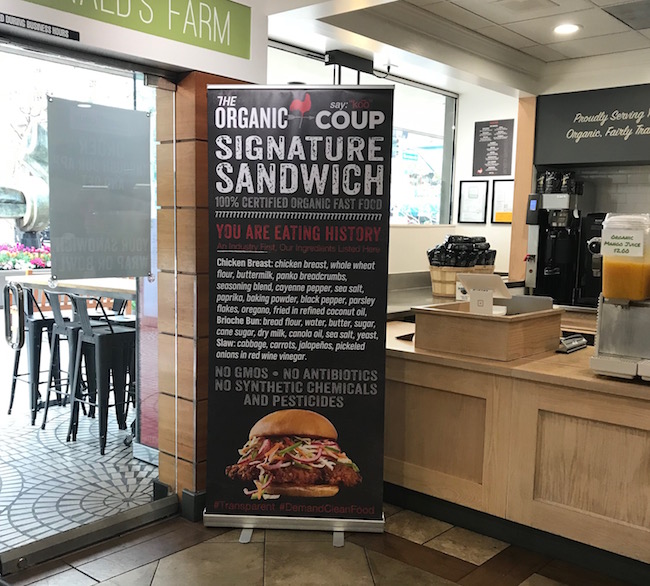
The Organic Coup, the country’s first certified organic fast-food restaurant, is raising the bar when it comes to transparency. The company has made an absolutely unprecedented move by disclosing all ingredients on every one of its food items. Awesome job!
The material in this newsletter is copyrighted and may be reprinted by permission only. All requests must be in writing. Please use our contact form to request republication rights.
Newsletter Archive
Quick Hits
* Demeter USA is hosting the International Biodynamic Wine Conference in San Francisco on May 6-7. There will be 37 domestic wineries and 10 others from France, Italy, Chile, and Argentina. Looks like a great event!
* The Environmental Working Group has announced this year’s Dirty Dozen, and strawberries top the list. One strawberry sample contained an astounding 22 pesticide residues, and one-third of all conventional strawberry samples contained 10 or more pesticides.
* WOW! The State of Rhode Island is launching a program to buy farms and then sell them to new farmers at a huge loss.
* New Zealand is holding its first-ever National Organic Week.
* There is a cool new coffee discovery tool called Trade.
* Unused land at a church in Miami has been converted to an organic farm, and its vegetables are now being sold at Whole Foods. Very cool!
* Congrats to CEO Tony Antoci and his entire team at Erewhon for opening up their fourth store, this one at 2800 Wilshire Boulevard in Santa Monica. I can’t wait to go visit!
* 
